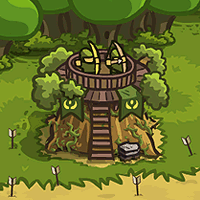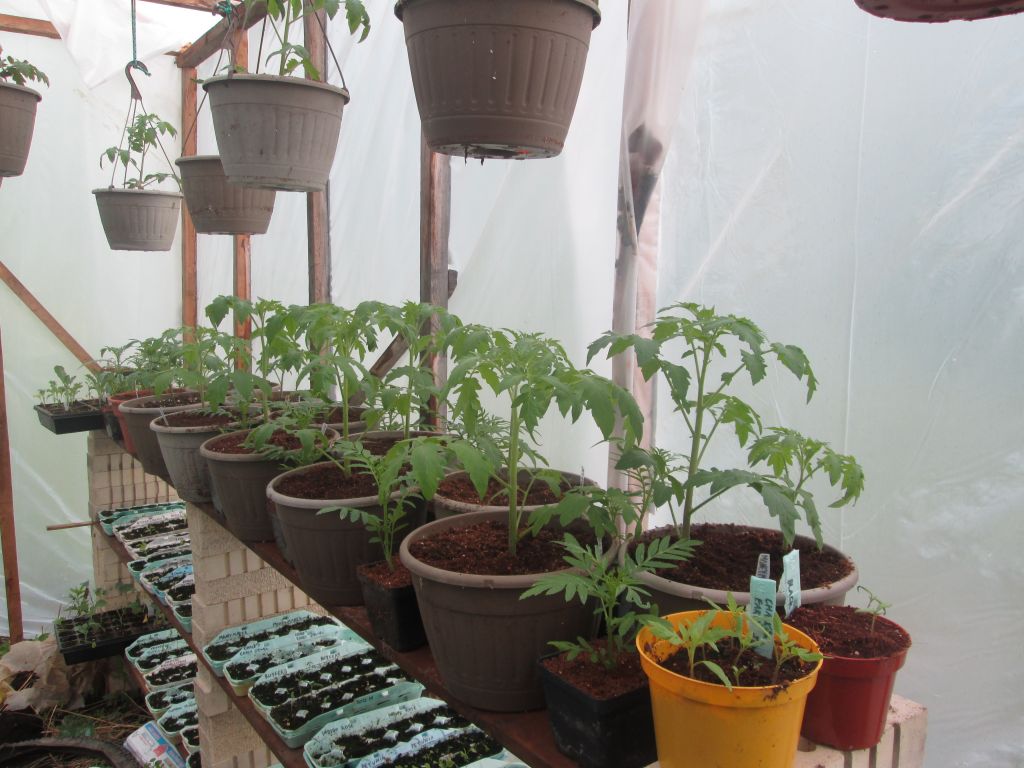Good news, guys! Thanks to genetic engineers tinkering with the DNA of our food supply, we no longer have to worry about getting chewed on by corn borers! And hey, let’s not forget to give due credit to our legislators who blocked the labeling of GMO foods in the recent farm bill. If not for their efforts, these silly, health conscious foodies wouldn’t take their daily doses of Bacillus thuringiensis to keep the bugs away.
Do you reckon if we eat enough of this stuff, it’ll work on ticks and mosquitos, too? That could really hurt the makers of insect repellents. I’m sure some sort of deal can be worked out…at our expense, of course.
Toxin from GM crops found in human blood: Study
And look! The article is hardly more than a year old! Where would we be without Canadian scientists and the Indian media to report on their findings? Monsanto needs to get on the ball and start publicizing the insecticidal benefits of eating their Bt crops. They could write a catchy little jingle, maybe sponsor a reality show or one of those talent shows–“America’s Got Bt.” I guess they don’t really need to advertise, though. When your product is so ubiquitous that people have a hard time finding ways not to eat it, there’s no point spending money on ads.
Grow your own food or buy from someone who does. And remember–hybrids are NOT the same thing as GMOs! When bees fly from one heirloom variety to another heirloom variety, causing the two to cross, the result is a hybrid. Typically, the result is a bigger, stronger plant than the parents–breeders call it “hybrid vigor.” It’s just that its seeds won’t produce other big, strong plants like it. If you’re starting your own plant breeding program where you’ll be saving seeds from year to year, use heirloom varieties. But if you’re just buying new seeds every year to grow food to eat, hybrids are not only safe, they’re often a better choice. The only reason to steer away from hybrids is if you’re planning to save seeds. They are NOT genetically modified. But there are foods that are. Learn to tell the difference.




